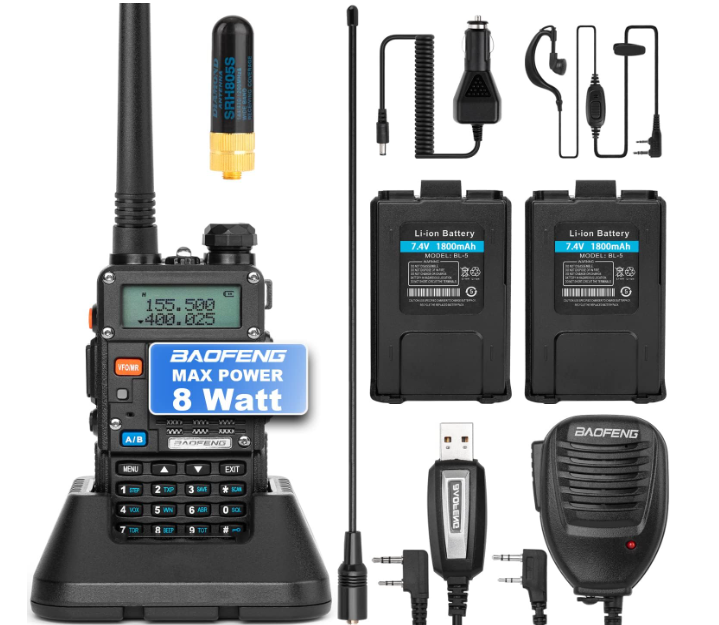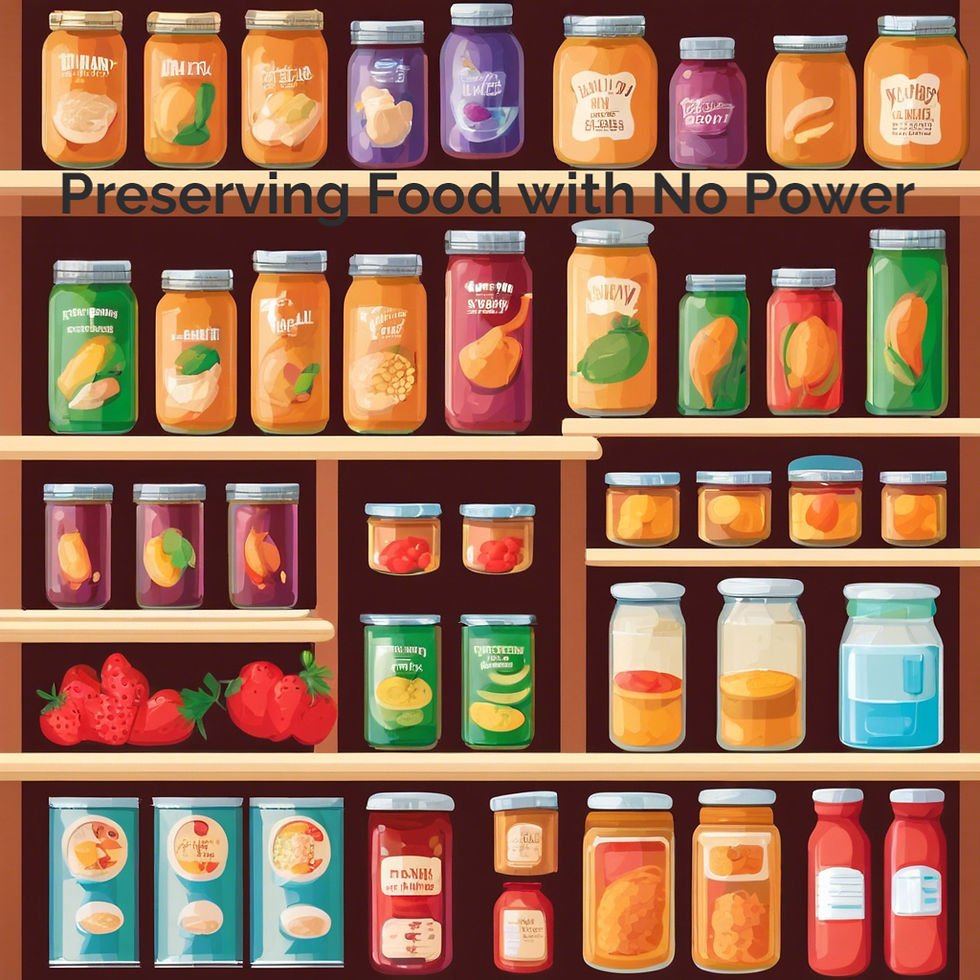Prepper Lessons Learned After Hurricane Helene
- Agrarian Guild of Requiem
- Oct 7, 2024
- 3 min read
Updated: Oct 8, 2024
Hurricane Helene, which recently swept through the Gulf Coast and the interior East Coast, has left a lasting impact on many communities. As they rebuild, it is an opportunity for everyone to reflect and re-evaluate their preparedness plan. It's crucial to consider the lessons learned from this powerful storm. Here are some key takeaways for preppers and those looking to enhance their preparedness:
The Importance of Early Preparation
Hurricane Helene demonstrated that early preparation is key. Those who had emergency kits, evacuation plans, and secured their homes well in advance fared much better than those who waited until the last minute. Start preparing now, not when the storm is on the horizon.
Our hearts go out to our prepper community in the affected areas. We had some that despite being well prepared, lost everything in the flash flooding.
Stocking Up on Essentials
Having a well-stocked emergency kit is essential. This includes non-perishable food, water, first aid supplies, batteries, and other critical items. Ensure you have at least two weeks' worth of supplies, as recovery efforts can take time.
Preppers in the affected area kept supplies in their vehicles as a precaution. Some brought inflatable rafts to the upper floor of their home along with a hatchet to cut through the roof for an escape. They had a stash of supplies moved up there as well.
Do not forget the importance of cash as a part of your prepping plan. Without power, credit card machines and ATMs are useless.
Communication is Crucial
Maintaining communication with family, friends, and neighbors is vital during a disaster. Ensure you have multiple ways to communicate, such as a hand-crank radio, walkie-talkies, and a charged cell phone with backup power sources.
Now is the time to be learning how to communicate by radio and practice those skills. Baofang Radios appear to be the popular choice among preppers. They even have a guide book. Seek out local Amateur Radio Clubs for practice and answer more detailed questions you have.
Community Support
The power of community support cannot be overstated. Neighbors helping neighbors can make a significant difference in recovery efforts. Establish a network of trusted individuals who can assist each other during emergencies. Take the time to go meet your neighbors. You might be surprised at how many feel like you.
Flexibility and Adaptability
Disasters are unpredictable, and plans may need to change on the fly. Being flexible and adaptable can help you navigate unexpected challenges and find solutions quickly. Have a plan for Bugging In (staying where you are) and Bugging Out (going to a different location). Decide what conditions will qualify for which plan.
Mental and Emotional Preparedness
Preparing mentally and emotionally is just as important as physical preparedness. Practice stress-relief techniques, maintain a positive outlook, and be ready to support others emotionally. It's okay to not be okay. Practicing your preparedness plans will coordinate to "muscle memory" of what to do when the crisis occurs.
Learning from Experience
Every disaster provides valuable lessons. Take the time to reflect on what worked, what didn't, and what was unforeseen. Use this knowledge to improve your preparedness plans for the future. Reach out to those you know in an area and ask if they could've done something different, what would it be. Join a prepper network local and national. There is a lot of talk right now about lessens learned.
Hurricane Helene was a stark reminder of the importance of being ready for the unexpected. Prepping is not just about prepping for what can happen, but what could happen as we have watched the improbable become reality for so many. By learning from this experience, we can better prepare ourselves and our communities for whatever challenges lie ahead.
Stay Safe. Stay Aware. Stay Prepared.










Comments